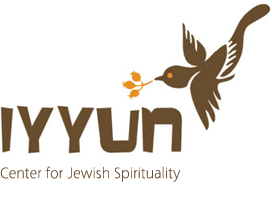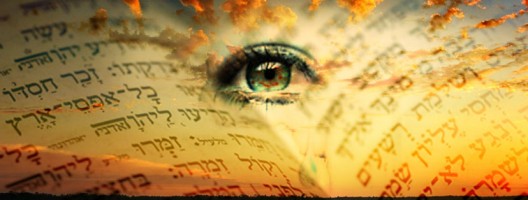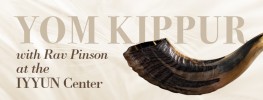Today, when there is no Temple where we can bring our sacrificial offerings (korbanos), we pray instead.
One of the main elements of a korban (a Hebrew word meaning to “draw close”) was the offering of the animals’ blood and fats on the altar. This implied that one’s enthusiasm and zeal towards physical/materialistic pleasures (as represented by the blood and fats) were being offered up and reoriented toward desiring God. The sole purpose then (as it is now when we pray) was not to annihilate the animal within, but rather to utilize its energy for Divine service, and by this means, draw closer to God.
Harnessing our animal energy for a higher purpose is challenging and demands our full focus and energy. It is no accident that the word korban is related to the word korav, meaning to “encounter in battle.” Indeed, this process involves an internal war, chopping down and cutting away all externals, all intruding thoughts and distractions, and directing all of our energy to serve and draw closer to God.
To bring a korban is to take a physical entity—in Temple times this was an animal, bird or wheat—and convert it into holiness. Then, this was achieved when the offering was consumed by the Divine fire on top of the altar. Today, we can achieve the same internally when we relinquish and surrender our actions to God.
The daily offerings, the tamid, were completely consumed on the altar, suggesting that the highest form of Divine service means being completely devoted to God. This is a service that is devoid of any ulterior motives, whether a coarse incentive (such as receiving honor), or a refined one, (such as desiring to be holy). When the priest offered the daily offering, from which neither he or any other priest derived any benefit, he was performing the highest of services.
The word ishai which is generally translated as “fire” can also refer to the angelic forces know as the seraphim, the “fiery ones”—the angels that are consumed by their overwhelming understanding of God. And so, as the Zohar teaches, the offerings of the Temple not only caused a transformation and elevation of the physical object being consumed on the altar, but simultaneously, this act below affected the angels on high. The korbanos were, in fact, the nourishment of the angels, just as our prayers are today. Through our prayers, the angels reach an even higher elevation. They are transformed just as we are transformed.







